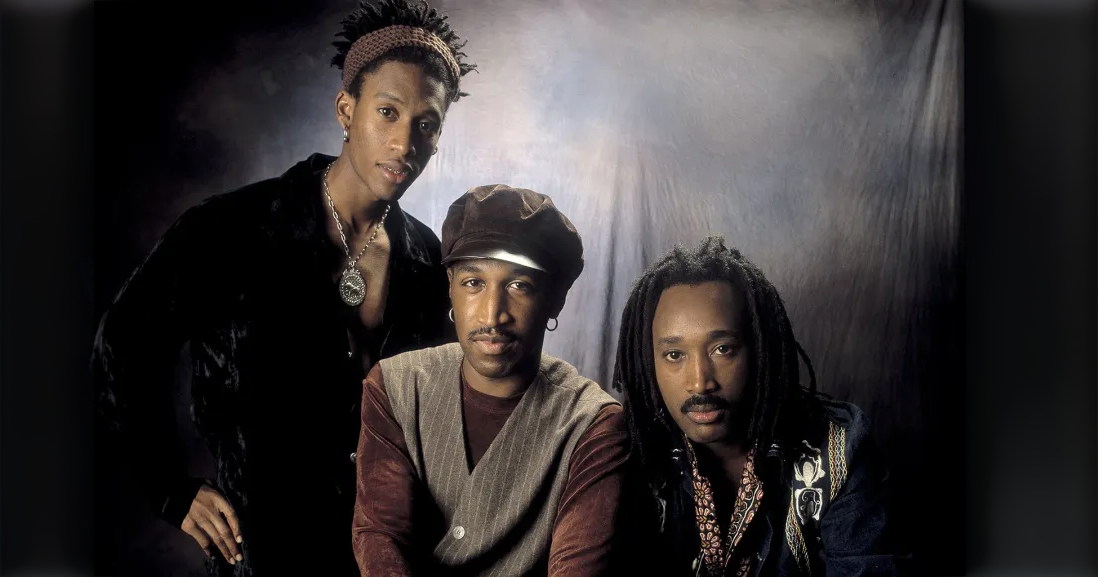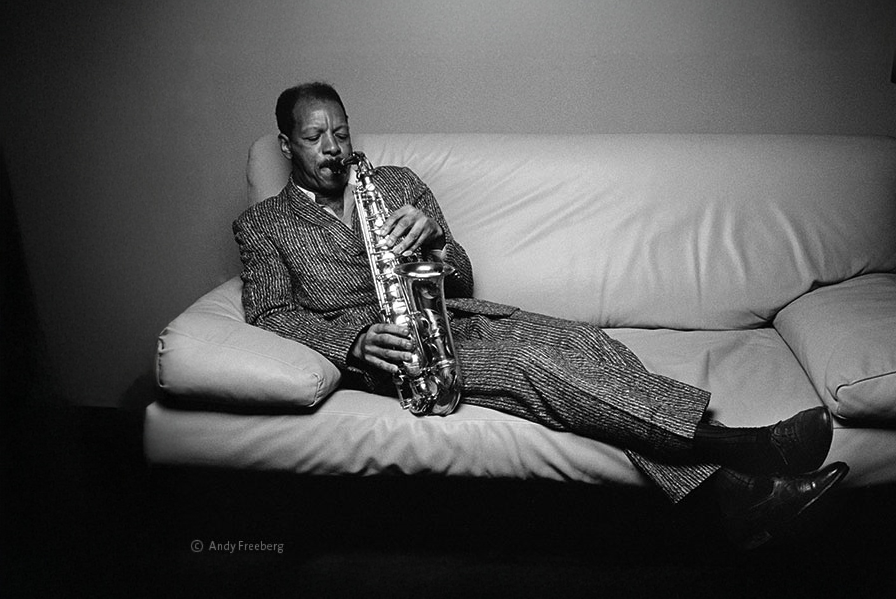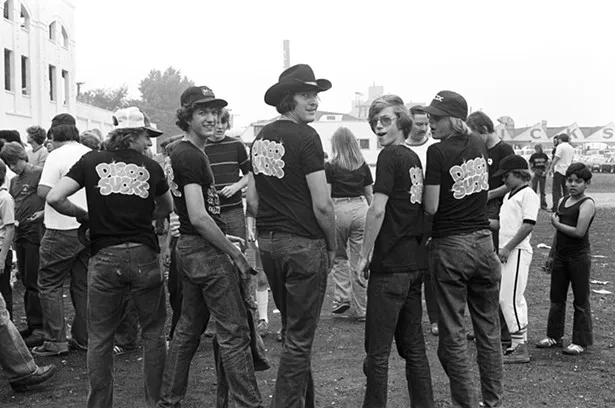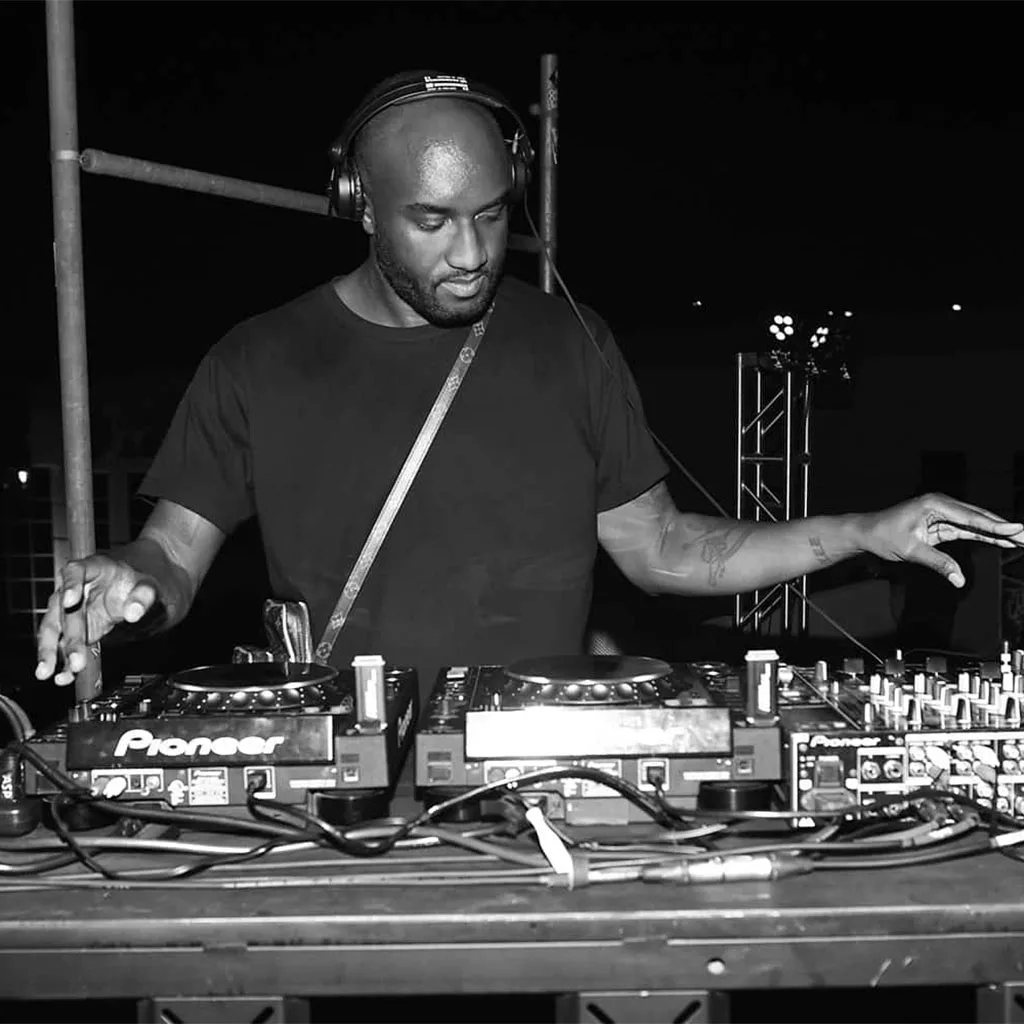The Rich and Influential History of Black Music
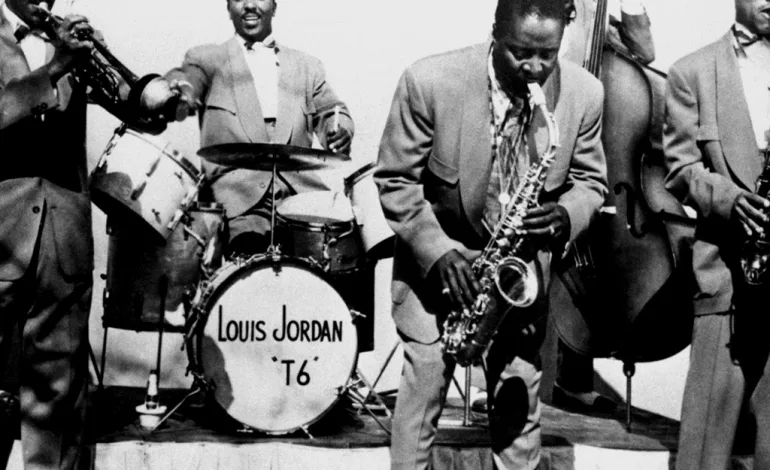
Black music is essential to the world’s cultural heritage and has played a significant role in shaping modern music. It has influenced numerous music genres, including rock, pop, hip-hop, jazz, and electronic music. Artists like Louis Armstrong, James Brown, Aretha Franklin, Michael Jackson, and Beyoncé have made a significant impact on music history, showcasing their extraordinary talent and creativity. It has left an indelible mark on the world, inspiring generations of artists and listeners alike and providing a window into the rich and diverse culture of the African diaspora.
What is Black Music?
Black music is a term used to describe music created by black musicians and is an essential part of the American musical and cultural heritage. However, black music does not exist because of some innate biological traits that accompany skin pigmentation. Instead, it exists because of the historical material conditions associated with black people in the United States, such as slavery, segregation, and discrimination. Musicians of African descent have used their musical talent to express their culture, their traditions, and their experiences of life’s hardships. Black music encompasses a wide range of styles and genres, from blues, jazz, and gospel to hip hop, R&B, and soul. These genres have influenced the music industry globally and continue to hold a significant place in modern popular music culture.

Evolution of Black Music by Years
The evolution of black music is a fascinating journey that spans generations and genres. From jazz to hip hop, country to R&B, the development of black music has been prolific and dynamic. Along the way, there have been moments and styles that have challenged the norm and pushed boundaries. The evolution of black music is full of surprises, from the blending of genres to the innovative use of technology, and it continues to influence and inspire musicians and listeners around the world.
- Before 1600
The influence of African and Islamic cultures on the development of music in Cuba, Spain, and the wider French and Spanish colonies is significant before the 1600’s. The blend of these cultures led to a unique fusion of musical styles and traditions that spread throughout Europe and eventually the Americas. The integration of key instruments such as the lute, viol, and early reed/double reed instruments led to the emergence of new musical styles, including the habanera, which in turn influenced the development of tango, jazz, blues, and popular music in the United States. In addition to instrumentals, vocal and singing practices, percussion, polyrhythmic traditions, and dance played an essential role in shaping the musical styles and practices of African and Islamic cultures.
- Nineteenth Century
In the 19th century, African Americans began influencing mainstream American music through blackface minstrelsy and incorporating African rhythms into popular songs. The banjo, of African-American origin, grew in popularity, and African American slaves began performing Christian music that often served as coded messages of subversion or escape. By the end of the century, African American music played a crucial part in American culture. Ragtime performers like Scott Joplin rose in popularity, and some became connected with the Harlem Renaissance and early civil rights activism.
- Early Twentieth Century
During the early twentieth century, African American blues and jazz gained immense popularity, accompanied by advancements in the visual arts field, which were stimulated by the Harlem Renaissance. The performers of these genres were not restricted to the African American community only and included White and Latino artists. Cross-cultural communication between different races existed for a long time in the US, with jazz being influenced by Jewish klezmer music, for example.
- Mid Twentieth Century
African American blues and jazz gained immense popularity in the early 20th century, accompanied by advances in visual arts during the Harlem Renaissance. The genres were not restricted to African American performers and included White and Latino artists. Jazz drew on influences such as Jewish klezmer and the importance of a “Latin tinge” according to Jelly Roll Morton. African American music was simplified to cater to a less accepting white audience, resulting in the emergence of swing music, which blended jazz elements with a pop twist.
- The 1970s and 1980s
In the 1970s, black bands achieved great success with melodic music quite different from contemporary rap. The only other musical connection for black performers from that era was through hip-hop. The popularity of album-oriented soul continued, while artists such as Smokey Robinson pushed it further into Quiet Storm music. Funk music was divided into two strands: one was a blend of pop and soul pioneered by Sly & the Family Stone, while the other was a more experimental mix of psychedelia and metal led by George Clinton’s P-Funk outfit.
- The 1990s and 2000s
In the 1990s, singer-songwriters like R. Kelly, Mariah Carey, Montell Jordan, D’Angelo, and Raphael Saadiq gained popularity. Hip-hop soul, a mix of hip-hop and soul, became a trend popularized by Mary J. Blige, Faith Evans, and Blackstreet. D’Angelo’s Marvin Gaye/Stevie Wonder-influenced sound developed into neo-soul, becoming famous in the late 1990s and early 2000s aided by Lauryn Hill, Erykah Badu, and Musiq. The 2000s shifted to solo artists including Usher and Alicia Keys, but Destiny’s Child and B2K continued to thrive.
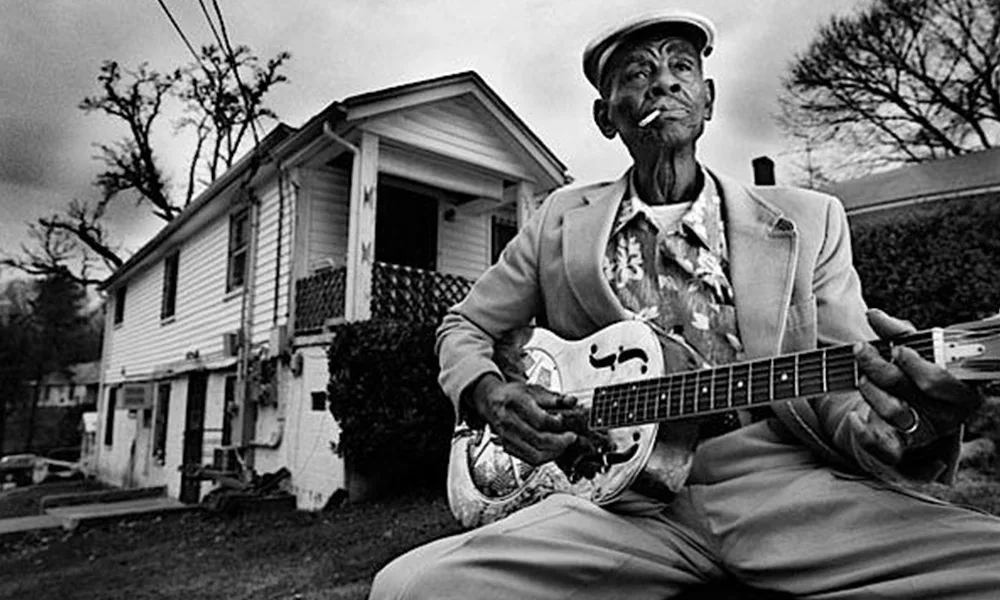
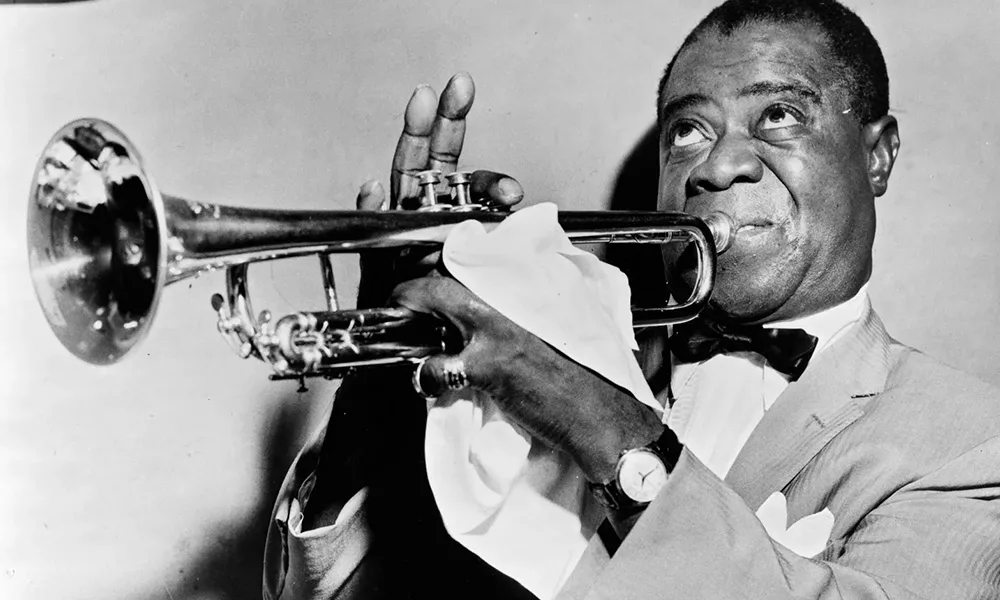
Most Popular Black Music Genres
- Blues Music
Blues originated from African American work songs in the late 1800s, and it’s characterized by its melancholy and expressive lyrics. It has influenced various music genres, including rock and roll, and remains a vital part of American music history.
- Country
Country music has been influenced by African American folk music and gospel, and its roots trace back to the 1920s and 1930s. Country music has evolved over time and is now a diverse genre incorporating various styles, such as pop and rock.
- Jazz
Jazz is a uniquely American music genre that originated in New Orleans in the late 19th century. It emerged as a product of different cultural influences, such as African American, European, and Latin American musical traditions. Jazz has countless sub-genres and remains a significant force in contemporary music worldwide.
- Soul
Soul music is a genre that emerged in the 1950s and 1960s. It blends gospel, rhythm and blues, and rock and roll into a highly emotive style that celebrates the African American experience. Soul music has produced numerous iconic artists, including James Brown, Otis Redding, and Aretha Franklin.
- Hip-Hop
Hip-hop emerged in the Bronx in the 1970s and has since become one of the most popular music genres worldwide. It features rapping, beatboxing, and sampling, often mixed with other styles such as funk, soul, and jazz. Hip-hop represents a cultural movement and has become a potent force for social commentary and activism.
If you liked this topic, this article may also interest you.

Longing For Better Music?
No one belongs here more than you do.
Literal is an independent groove radio where you feel you truly belong.
You can listen online for funky tunes. Tune in!
Can’t get enough? Us neither! Follow our Spotify playlist.
Also, you can follow us on Instagram.


